Time to read: 5 minutes
Homesteading Life Skills: Embarking on a Journey Towards Self-Sufficiency
In modern life, convenience is often valued above all. However, a growing number of individuals are taking a step back and rediscovering the profound satisfaction and personal growth that comes from adopting a homesteading lifestyle, whatever home/life circumstances they find themselves in. Spoiler: you don’t need to own your own home or have land to be a homesteader!
Homesteading is a way of life that emphasises the importance of self-sufficiency, not necessarily living off grid and off the land, but living within your means and utilising home skills of the past, offering a stark contrast to the consumerism and disposability that characterises modern society.

What is homesteading or home skills?
Homesteading is a term that encompasses a variety of practices, all aimed at increasing self-reliance. This includes subsistence farming, home-grown food growing and preservation, and, in some instances, the small-scale production of textiles, clothing, and craftwork.
Here I have compiled a list exploring the essential life skills that can be acquired at any stage of life and with whatever means you have access to.
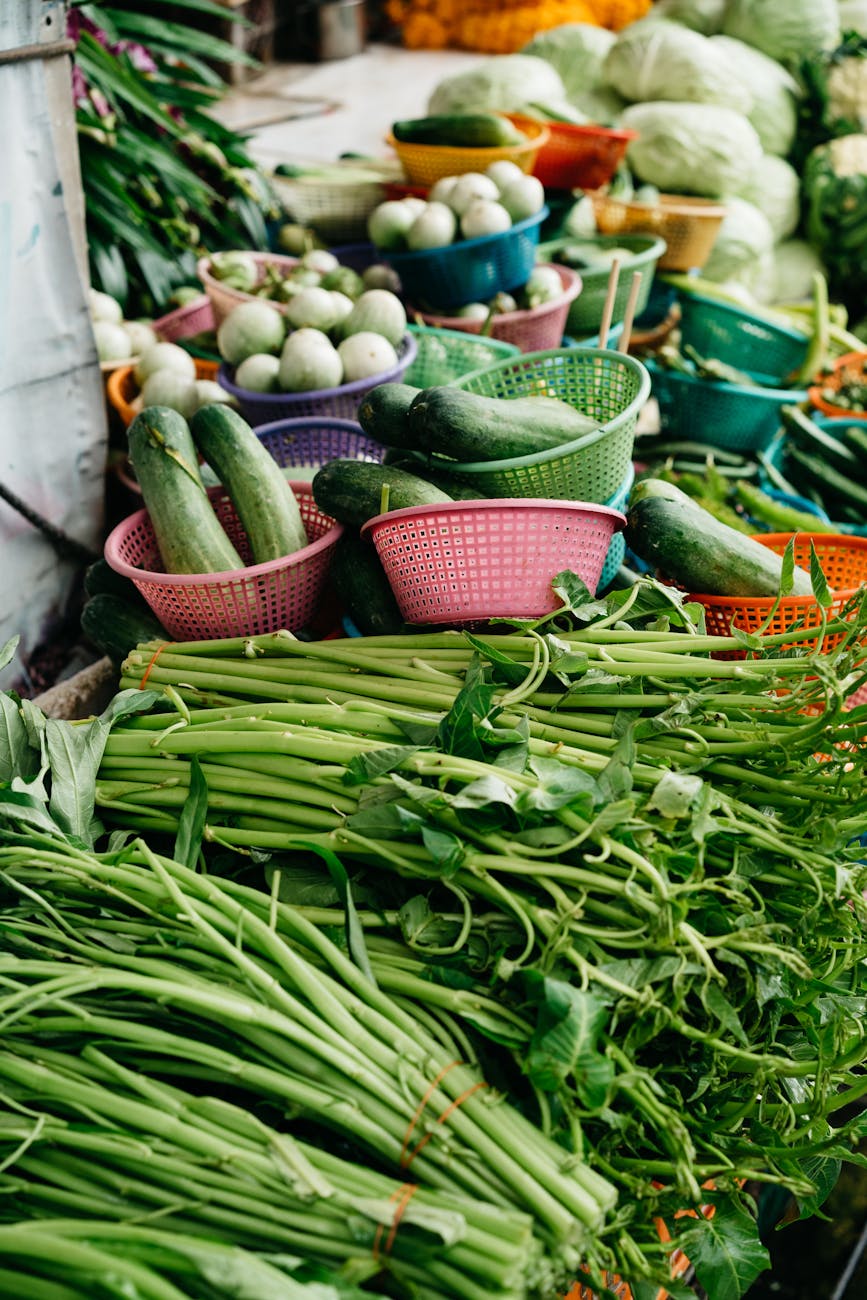
1. Gardening & Farming
Gardening and farming are perhaps the most well-known skills associated with homesteading. Gardening goes beyond merely producing food for personal consumption; is a way of connecting with the earth, of understanding the delicate balance of ecosystems, and of appreciating the natural cycle of life.
Whether growing fruits or veggies in pots on a balcony or windowsill, tending a small vegetable patch in your backyard or managing a larger scale farm, the act of growing your own food can be a deeply rewarding and fulfilling experience.
The cultivation of plants teaches patience, diligence, and the intrinsic value of hard work. As you sow, tend, and harvest the literal fruits of your labour, you gain a practical understanding of the earth’s natural cycles and the principles of sustainable agriculture. Plus, the joy of watching a seed sprout, grow, and bear fruit is a gratifying experience that can’t be replicated.
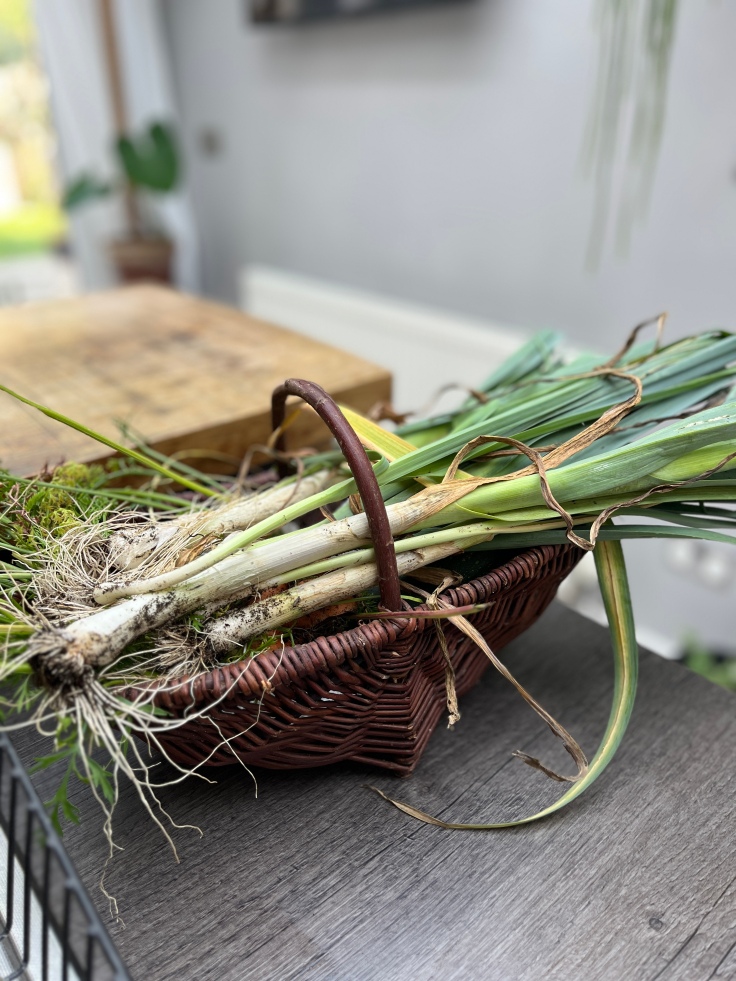
2. Food Preservation
Another key life skill that will see anyone in good stead, is food preservation. This encompasses a variety of techniques, including canning, fermenting, pickling, home freezing and dehydrating. The ability to effectively and safely preserve your own food not only reduces waste and saves money, but also ensures that your family has access to nutrient-rich food throughout the year.
Moreover, food preservation allows you to enjoy the fruits of your labor long after the growing season has ended, reinforcing the satisfaction and fulfillment derived from self-sufficiency.
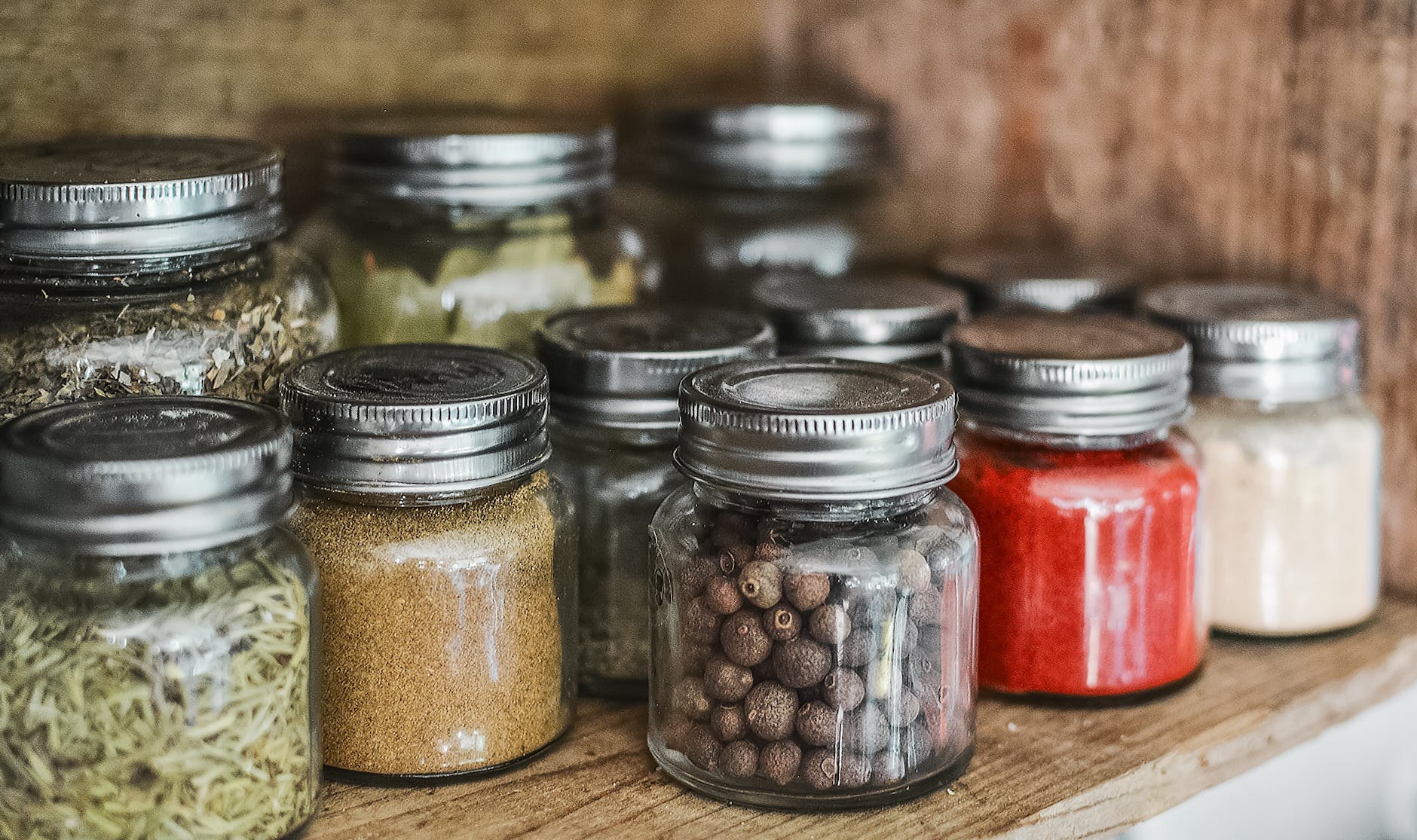
3. Basic Carpentry and household DIY
The homesteading lifestyle often requires a certain level of handiness, and basic carpentry is one skill that comes in handy more often than not. Whether it’s repairing a fence, or constructing a greenhouse, the ability to perform simple carpentry tasks around your home can save you significant time and money.
Moreover, the act of creating something tangible with your own two hands brings a sense of accomplishment and pride that’s hard to match. It’s a practical skill that not only aids in self-sufficiency but also fosters creativity and problem-solving skills.
I will include the caveat here that simple household jobs are always made that much easier with good quality tools so if you are just starting out on your journey, I would always recommend buying the best quality basic tools that you can afford.
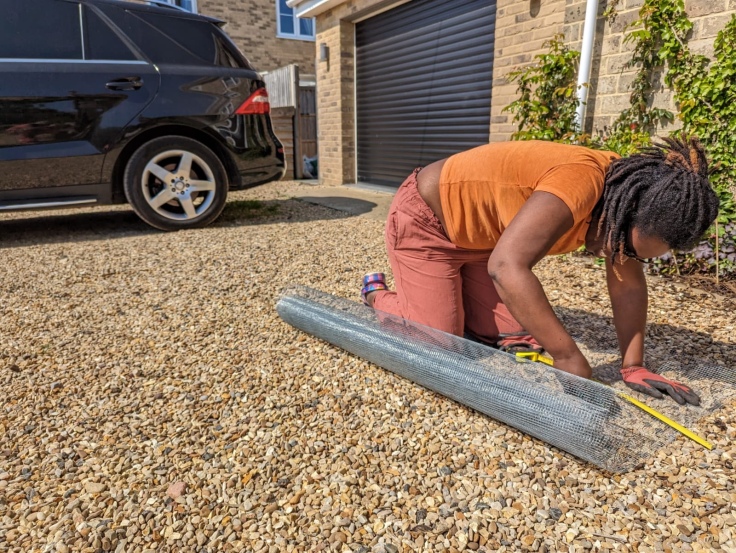
4. Sewing, Knitting and Mending
These valuable skills involves being able to repair damaged clothing or even create your own unique pieces from fabrics. With this skill, you can extend the life of your clothing, and save money.
That is not to say that knitting and sewing are inherently cheaper than purchasing ready to wear from any store, this is a fallacy.
However, having the skills and interest to enable you to make your own clothes means that you are able to invest in luxury fabrics- that is, fabrics that always cost more when purchased as a finished piece, such as wool, linen, silk etc and make whatever you want, created to fit your proportions beautifully.
These fabrics tend to also last longer than, mass-produced items made from cheaper materials, and if you are also able to mend and correctly maintain your handmade pieces, you will have these items for many decades, if not for life.

5. Cooking from Scratch
This is the ability to create delicious, healthy meals using raw, unprocessed ingredients. It’s not only a means of nourishing your body and knowing exactly what is in your food, but it’s also a way to impress friends and family with your culinary skills.
Not to mention another way to connect with others through the art of passing down and exchanging recipes and techniques.

6. Natural Medicine
This involves understanding the basics of herbal remedies and natural alternatives to traditional medicine. This is useful in order to grow and utilise various plants and herbs for their healing properties, allowing you to take a more natural approach to your health and wellbeing.
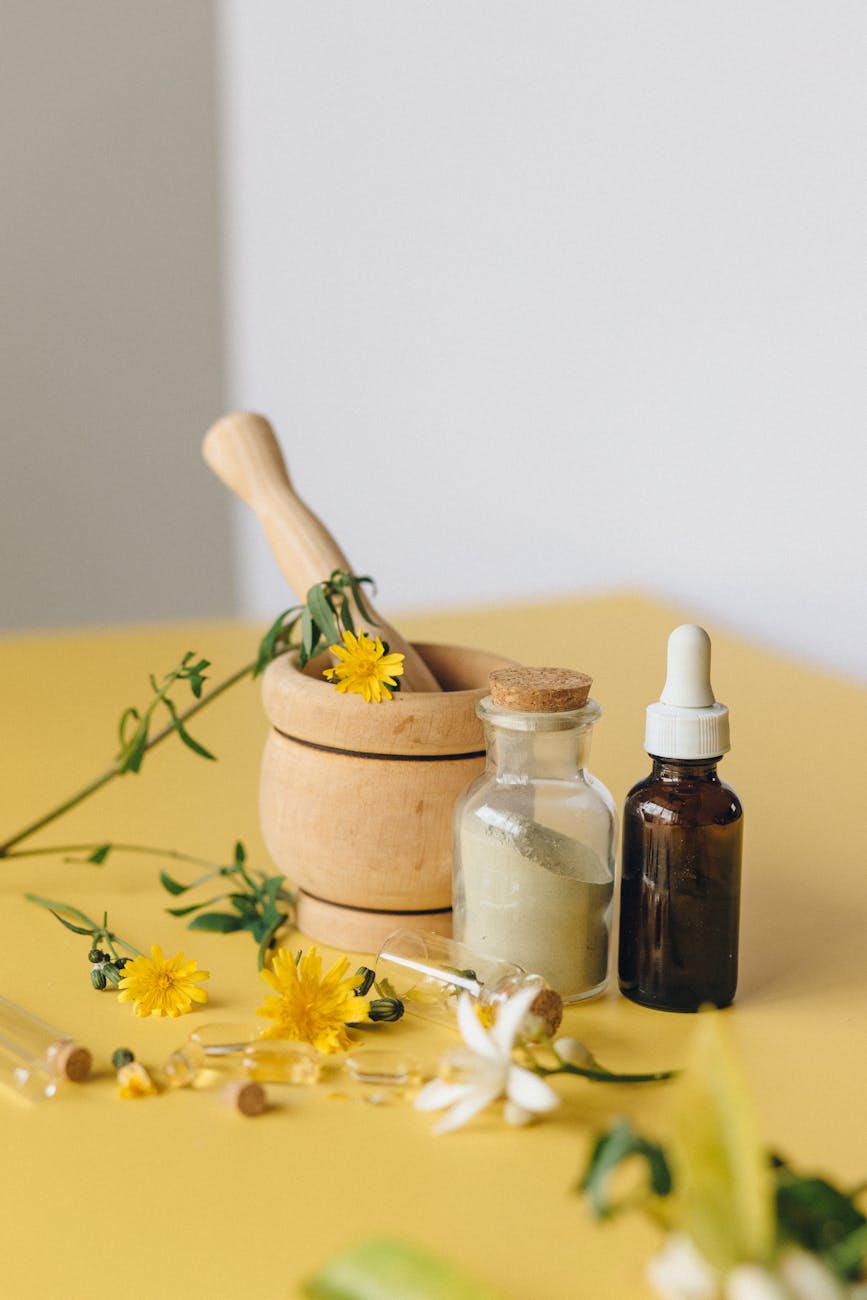
7. Managing Household Finances and Ways to Generate Additional (or Primary) Income Streams
This is an important skill and is a process of managing finances that involves not only budgeting and saving, but also actively seeking out innovative ways to generate additional, or even primary, income.
Whilst many depend on a traditional career path as their main source of income, at times life can be uncertain and in life, we may have to deal with the unexpected such as layoffs or global pandemics so it’s always useful to develop multiple income streams that can be leveraged to build up a nest-egg or get us out of temporary bind.
This could involve exploring various investment opportunities, starting a side business or building personal/professional skills that could be monetised, if and when you have the need. After all, many great businesses started out in this way. It’s about maximising one’s financial potential and creating a strong foundation for future financial stability and growth.
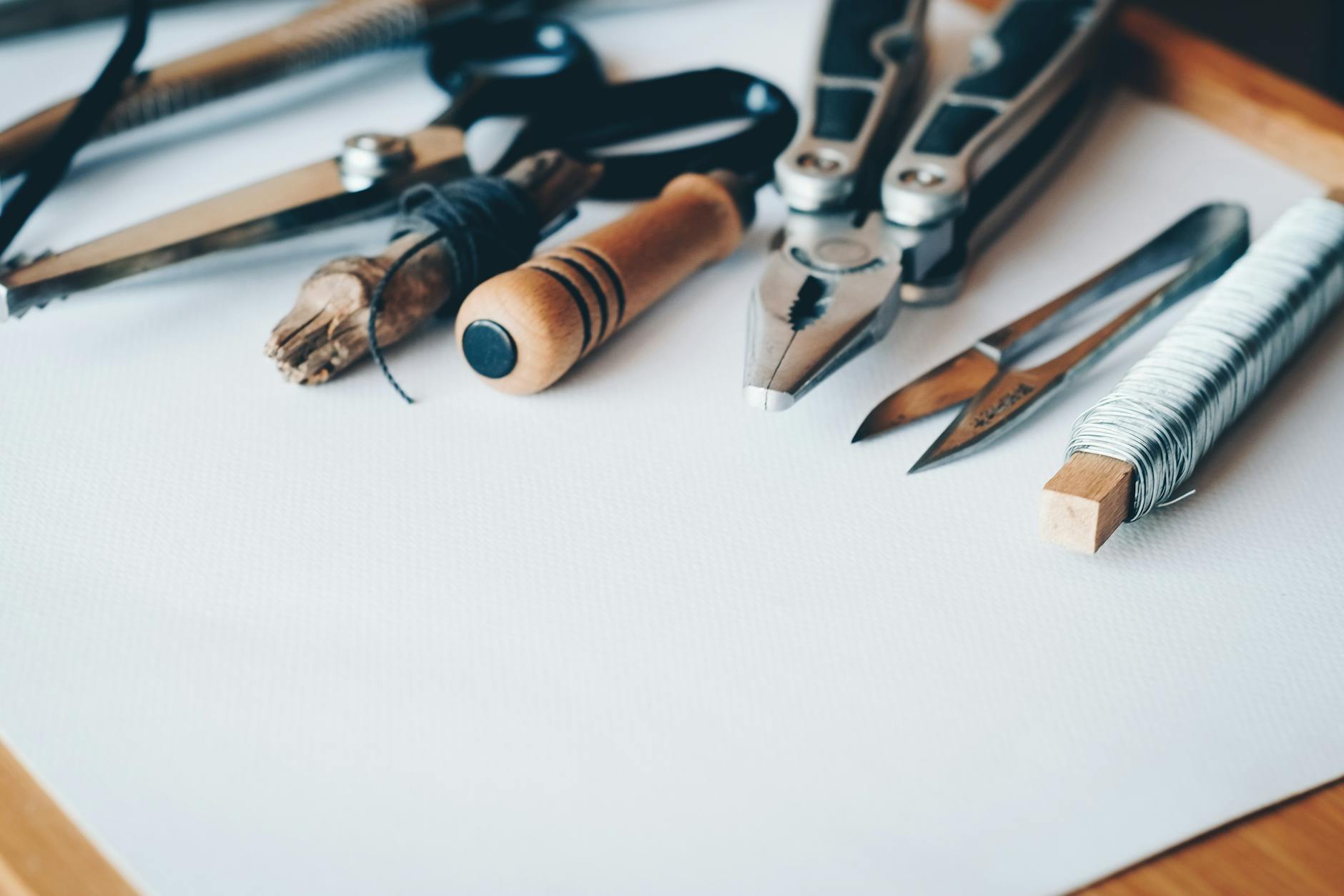
Leave a comment